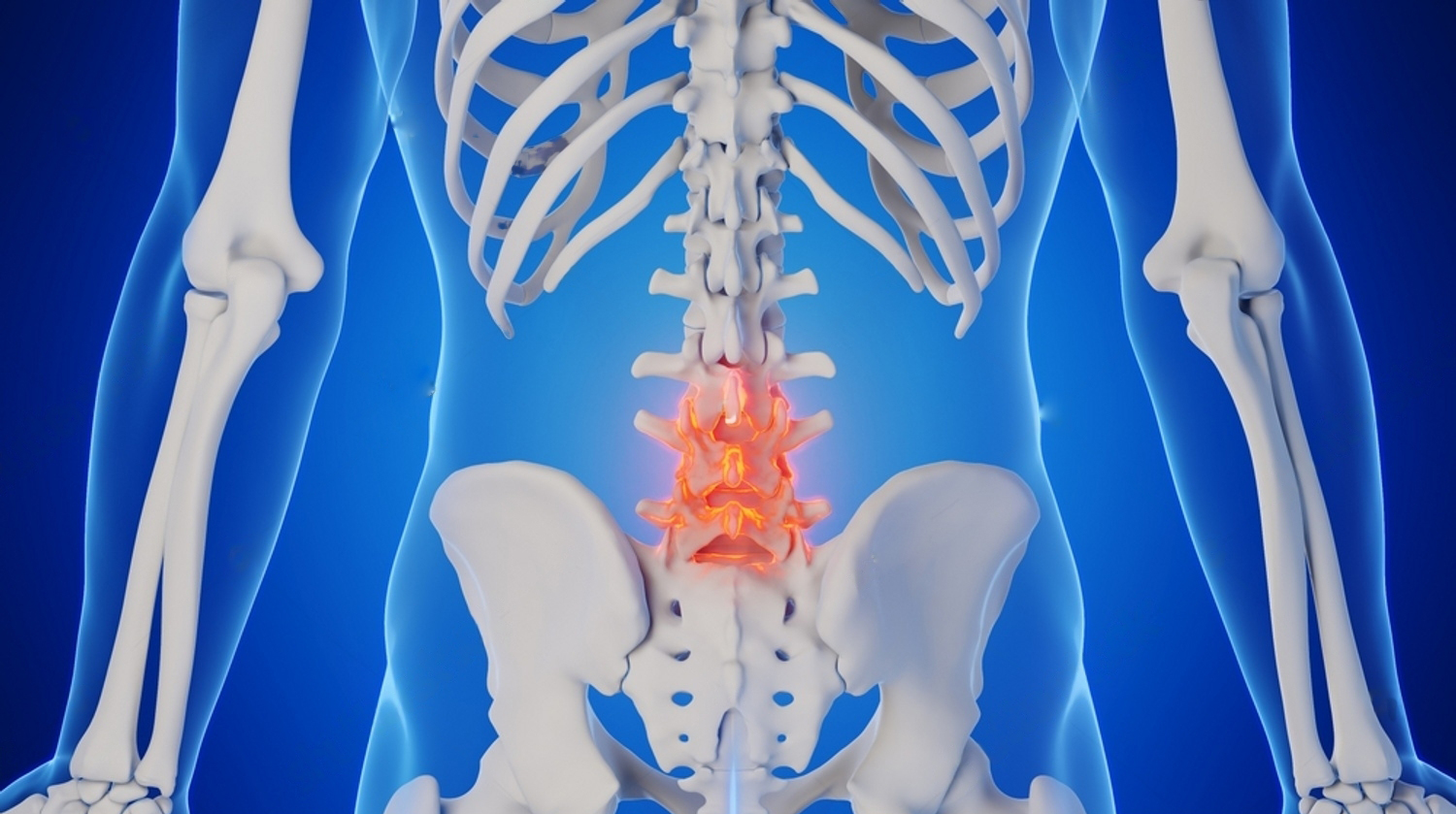Ankylosing spondylitis (AS) and rheumatoid arthritis (RA) are both chronic autoimmune diseases that affect the joints, but they are distinct conditions with different characteristics and impacts on the body.
Ankylosing spondylitis primarily targets the spine and large joints, leading to inflammation of the joints in the lower back and pelvis. Over time, this inflammation can cause the affected vertebrae to fuse together, resulting in a condition known as ankylosis, which reduces flexibility and mobility. AS can also affect other parts of the body, such as the eyes, heart, and lungs, but the primary focus is on the spine and related structures. The disease usually starts in early adulthood and progresses gradually over time, potentially leading to significant discomfort and stiffness in the back, making it difficult to perform daily activities.
On the other hand, rheumatoid arthritis primarily targets the small joints, such as those in the hands and feet, but it can affect other joints and organs as well. RA is characterized by chronic inflammation of the synovium, which is the lining of the joints. This inflammation can lead to joint damage, deformities, and pain. Unlike AS, RA is a symmetrical condition, meaning it typically affects the same joints on both sides of the body. RA symptoms can fluctuate, with periods of active inflammation (flares) followed by periods of reduced symptoms (remissions). If left untreated, RA can cause joint destruction and disability, impacting a person's ability to perform everyday tasks and affecting their overall quality of life.
Both AS and RA are considered autoimmune disorders, which means the body's immune system mistakenly attacks its tissues, leading to inflammation and joint damage. While there is no cure for either condition, early diagnosis and appropriate management can help alleviate symptoms, slow disease progression, and improve the overall well-being of those affected. Treatments may include medications to reduce inflammation, physical therapy, exercise, and lifestyle modifications to manage pain and improve joint function.
It's essential for individuals experiencing joint pain or related symptoms to consult with a healthcare professional for proper evaluation and diagnosis, as early intervention can make a significant difference in managing these conditions effectively.
Symptoms:
Joint pain and swelling: Joint pain and swelling: Rheumatoid arthritis (RA) affects multiple joints in the body, and it often causes pain, tenderness, and swelling. The joints on both sides of the body might be affected at the same time.
Back pain: Ankylosing spondylitis (AS) is known for causing chronic pain and stiffness in the lower back. It usually starts in the joints where the spine meets the pelvis (sacroiliac joints) and can move up the spine.
Stiffness: People with AS may feel stiff in the morning or after sitting or lying down for a long time without moving.
Loss of flexibility: As AS progresses, the spine can become less flexible and curved, which can lead to a stooped posture..
Pain in other joints: AS can also cause pain and inflammation in other joints like hips, knees, and shoulders, besides the back.
Fatigue: Many individuals with AS experience tiredness and generally feeling unwell, which is often referred to as fatigue.
Morning stiffness: Just like AS, people with RA also experience morning stiffness and discomfort in their joints.
Physionic Clinic, conveniently located in Nanded and Aurangabad, is committed to providing specialized and effective physiotherapy treatments for individuals coping with Ankylosing Spondylitis (AS) and Rheumatoid Arthritis (RA). Our team of experienced physiotherapists is dedicated to delivering personalized care to manage joint pain, enhance flexibility, and improve overall well-being for patients dealing with these conditions.
Physiotherapy for Ankylosing Spondylitis (AS):
At Physionic Clinic, our physiotherapy treatments for AS are specifically designed to alleviate lower back and spine pain and stiffness. Our skilled therapists employ targeted exercises and stretching routines to improve flexibility and maintain proper posture. We focus on strengthening the core muscles and affected joints to reduce discomfort and enhance mobility. Our aim is to empower AS patients to lead a more active and fulfilling life, despite the challenges posed by the condition.
Physiotherapy for Rheumatoid Arthritis (RA):
For individuals facing Rheumatoid Arthritis (RA), our physiotherapy interventions are geared towards reducing joint inflammation and promoting joint health. Our customized exercises and gentle joint mobilization techniques help manage pain and swelling. Moreover, we provide guidance on maintaining joint function through appropriate activity modifications and home exercise programs. Our physiotherapists work closely with RA patients to improve joint flexibility, enhance muscle strength, and minimize the impact of the disease on daily activities.

